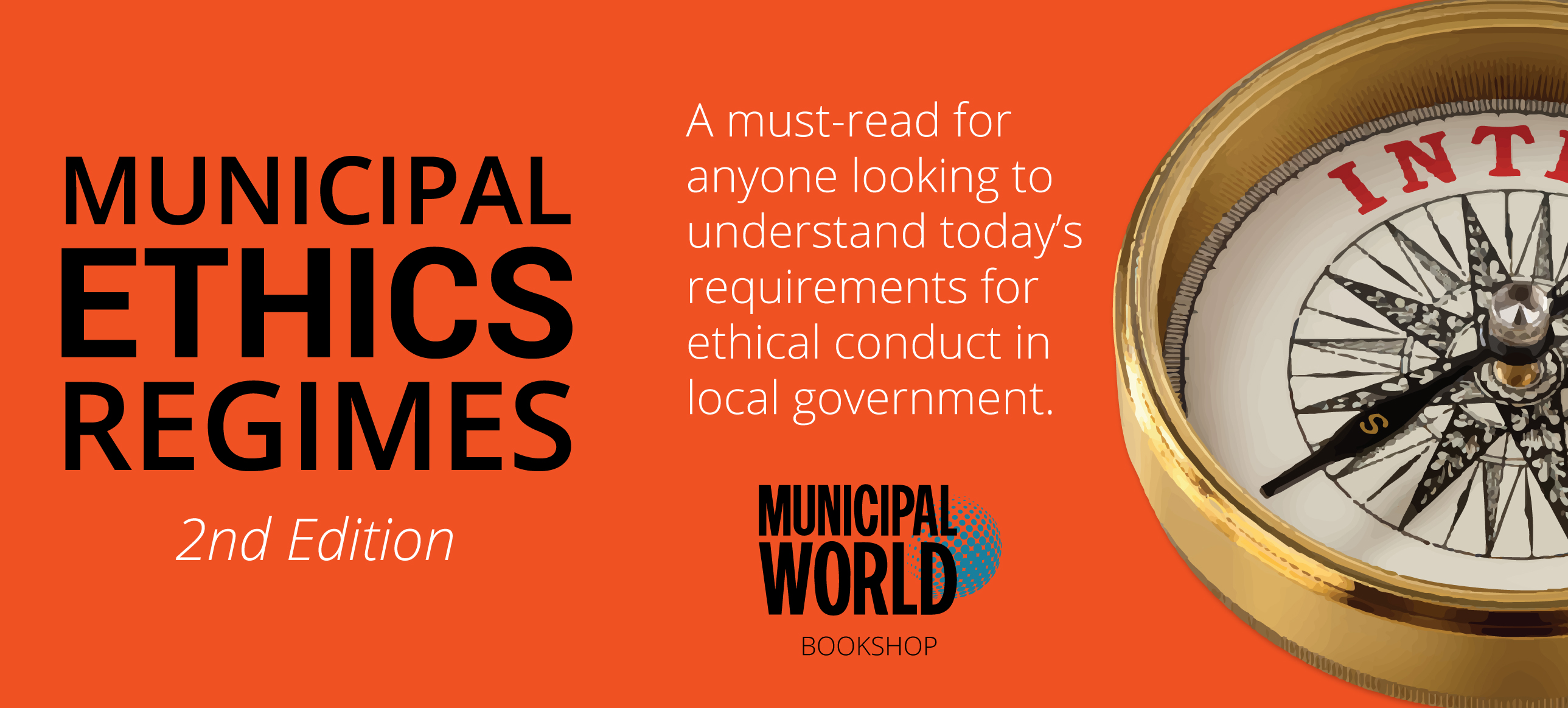I have to write that down

A collection of amusing, silly, and confusing things, as overheard in council meetings
People say a lot of things at municipal council meetings. Councillors, for instance, will often say the same thing three or four times in a single sentence by using slightly different words or word order. For example: “As for me, personally, I, myself cannot support, endorse, or approve the recommendation that is before us.”
Citizens who address council meetings are often speaking about issues that they are emotionally invested in. With so many words being used in council meetings, it is a statistical inevitability that our language will suffer abuse and misuse. Said another way – people say silly things.
Me, myself, personally, I have said many silly things in my life so I am only too happy to hear others commit similar atrocities. And, because my job afforded me the opportunity to sit through many dozens of council meetings over the course of my career, I developed the practice of copying down (in my red notebook) some of the things that people said that stood out to me for one reason or another at the time. I am only too happy to share them here. To protect the innocent (and me from slander accusations), I won’t use names or dates, but here are some of my favourite things that actual people have actually said at council meetings I’ve attended over my career. (Note that each quotation is framed with my editorial interpretation.)
Fractions can be very difficult (as one council member demonstrated): “You’ve gone four months. You’ve gone the first quarter of the year already.”
I always appreciated the simplistic philosophy contained in this councillor’s observation: “All of us, through time, have had sewer backups.”
This councillor’s assessment probably won’t be shortlisted as a candidate for a new tag line: “I don’t think the city stands a chance.”
Mathematical concepts can be challenging: “We approved the increase of zero percent budget.”
At one particular meeting, councillors were complaining about how difficult it was to reach directors in the organization on their phones: “There are some that answer them religiously.” (This just made me wonder what kind of inspired greeting awaited the caller.)
Stereotyping: “You see a picture of some teens in front of some bleachers – they are pretty derelict looking.”
So, this is the first time then? “This has come to council not more than once.”
Observing the observations: “I wasn’t here last week to hear all the comments that were commented on last week.”
So, I guess that’s that, then? “Everything that’s been thought of, has been thought of.”
Train(wreck) of thought: “People have died for democracy. Maybe that’s being extreme. Elections cost a lot of money. I think you get my point.”
Actually, there may be some doubt: “We’re all human beings. There’s no doubt about that.”
Some councillors create verbs where no suitable ones exist. This was to explain the process of adjusting to lower speeds after exiting a freeway: “…before they have a chance to mentalize.”
Another example – this time with redundancy included at no extra charge: “…regotiate again.”
Demonstrating a commitment to compliance: “Rules were made. Then we have to bend them.”
Transparency isn’t easy: “I’m not clear on the issues. But clearly there are issues.”
High praise, indeed: “The leadership is good on that project, a lot.”
A perspective on humanity: “It’s an issue in the minds of a lot of people – environmentalists as well.”
Some people prefer cats: “I want to deal with the elephant in the room – and this is a pet peeve of mine.”
A strong sense of order: “I have two questions, and I’ll ask the first one first.”
But does it differ from the different? “I guess my question is similar to the same.”
This must have been quite a drain on ambition: “I lived in front of a stop sign for 15 years.”
A latin phrase refresher might be helpful: “The residents are happy with the status quo. They would like to see other streets changed as well.”
I thought this was what GPS devices were for: “I think we should be in control of our own destination.” You couldn’t tell by looking at her: “What about the children? You know, I was once a kid.”
Councillor introspection: “I think we may be over thinking this.”
Just don’t let it happen again: “Sorry. I was thinking.”
Conflicting feelings about transportation: “I was just driving along, parked.”
I think this delegate made her point: “I’m here to illiterate how important this program can be.”
Another new councillor term. This one is about being sincere regarding one’s cultural heritage: “Ethenticity.”
Perhaps a laxative is required: “You know how the city and government work. It takes a year to go to the bathroom.”
Oxymorons: “Are you ready to wait another 6 to 8 years?” … “You have to start stopping doing things.”
Wait. What? “The walkers in wheelchairs.”
Time travel: “What’s hindsight going to look like in 20 years?” … “To get to the future, sometimes you have to look at the past.”
Being an effective councillor means being self-aware: “I’ve done a lot of reflecting this week and I am concerned about the density.”
Great moments in democracy: “We can’t have the majority rule the minority.”
Great moments in unintentional honesty: “We only exacerbate the problem.”
And it clashes with his shirt: “I don’t think Mr. _______ should have to remove his hat. I think it’s rather silly.”
As long as you’re giving it your best: “I’m being very vague here. At least as much as I could.”
Diplomacy – let’s agree to agree: “I side with both sides on this issue.”
If you were, how would you show it? “I think we all agree. No one is against protests.”
That’s probably the best reason: “There’s no particular reason for that question. I just wanted to know.”
And I mean it this time: “I have one more final question.” MW
as published in Municipal World, April 2018.
✯ Municipal World Insider and Executive Members: You might also be interested in Kent’s other article: At the end of the day … A humorous look at the words we use. Note that you can now access the complete collection of past articles (and more) from your membership dashboard.
Beginning with a summer position as a playground leader in 1980 with the London PUC Recreation Department, Kent McVittie never had any “real” jobs in a career that provided him an opportunity to serve the Ontario communities of London, St. Thomas, and Cambridge. He retired in June 2017, after spending the last eight years of his career as Deputy City Manager, responsible for Community Services in Cambridge. He has four adult children and resides with his wife, Cheryl, in London, Ontario.
Related resource materials:



